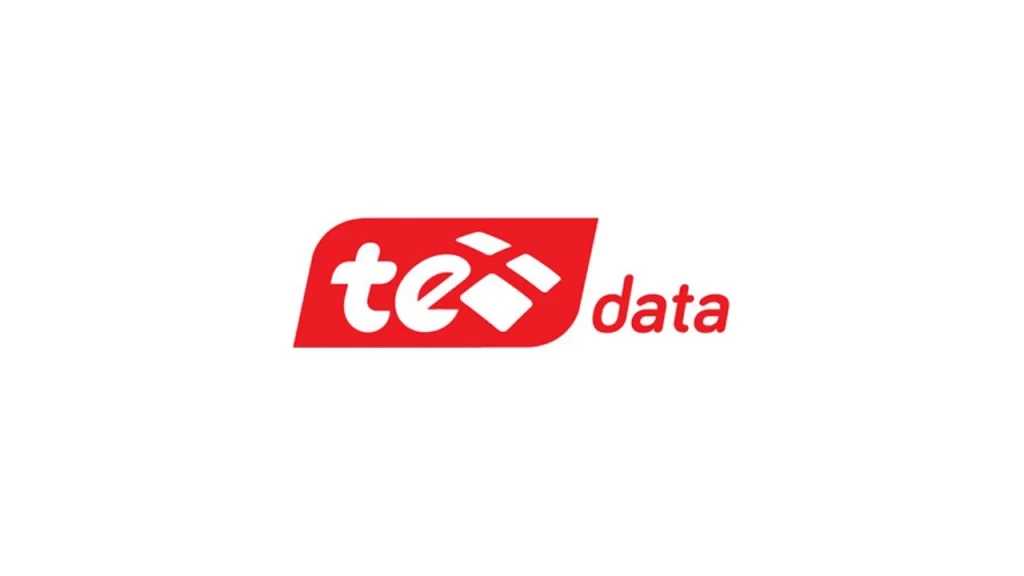- TE Data, established in 2001 under Telecom Egypt, controls roughly 65% of Egypt’s ISP market and more than 70% of internet bandwidth.
- The company must navigate rural fibre roll-outs, IPv6 transition, data-centre sustainability and infrastructure resilience.
TE Data: A dominant force in Egyptian ISP market
TE Data, launched by Telecom Egypt in 2001, is now Egypt’s largest IP-based data communications carrier. It holds approximately 65% of the broadband market and manages over 70% of national internet bandwidth. The subsidiary also operates in Jordan, reinforcing its regional reach, with Jordanian TE Data fully owned by its Egyptian parent.
Under national initiatives such as “Haya Karima” (“Decent Life”), Telecom Egypt is spearheading fibre-optic rollout across rural and urban areas, targeting nearly 9.3 million buildings. TE Data, as the retail arm, benefits from this backbone, enabling FTTH (fibre-to-the-home) expansion via wholesale wholesale capacity alongside its parent’s network upgrades.
In May 2025, Egypt launched a national IPv6 strategy aiming for over 80% adoption across public and private networks by 2030, with ISPs fully compliant by end-2026. TE Data faces the technical challenge of overhauling legacy IPv4 infrastructure and aligning with government-mandated training and security standards across its network.
Also read: FCC slashes regulations to boost US telecom innovation
Also read: Trump steps in as FCC pressure mounts on EchoStar
Egypt’s data centre surge and TE data
Egypt’s burgeoning data-centre industry demands resilient, energy and water-efficient facilities, with power systems, cooling and edge-computing architecture in focus. As TE Data supports digital services and cloud hosting, it must invest in cooling efficiency and sustainable energy to meet both domestic business needs and environmental goals, in line with national renewable energy targets .
TE Data’s market dominance offers both leverage and responsibility. The company must balance expansion into rural fibre, IPv6 preparedness, and greener data-centre operations while ensuring resilience. Success will depend on aligning with Telecom Egypt’s subsea-cable ambitions, national digitalinclusion goals and regional integration via its Jordanian subsidiary.

